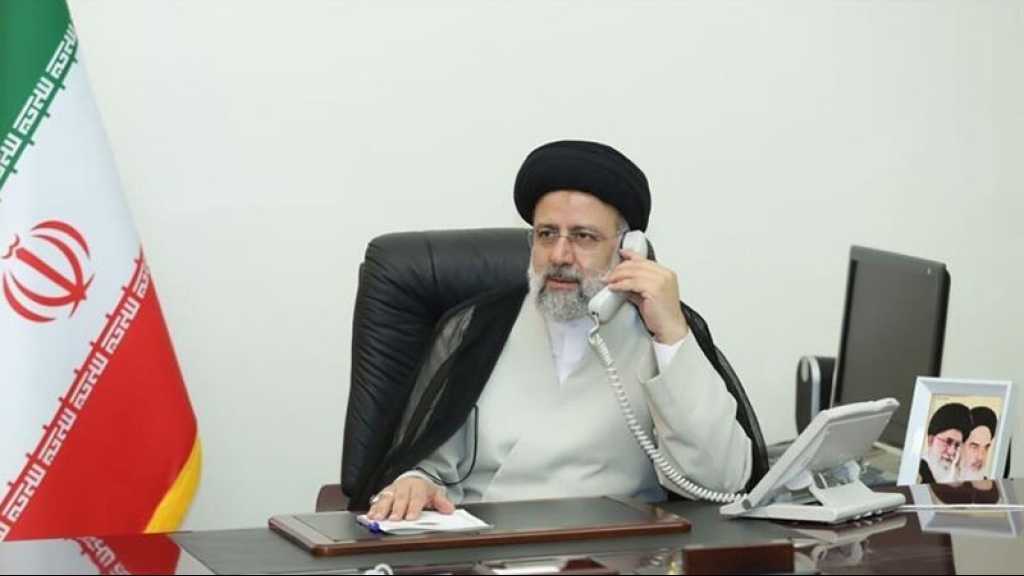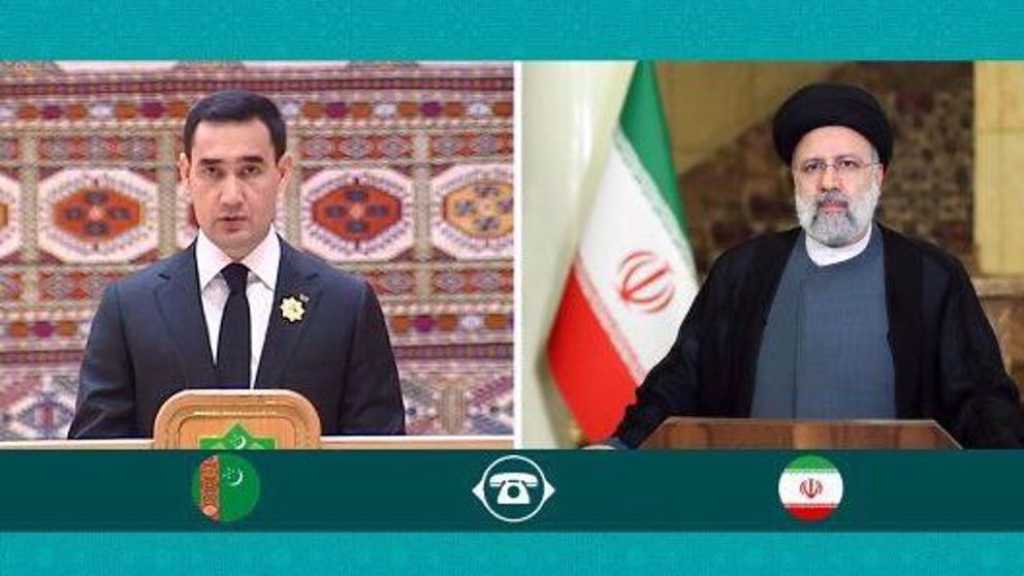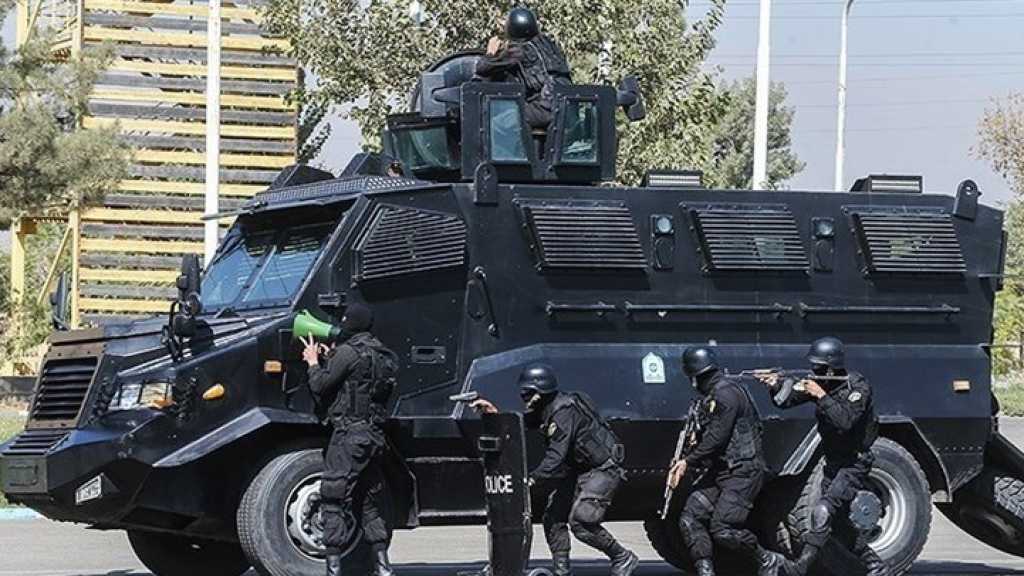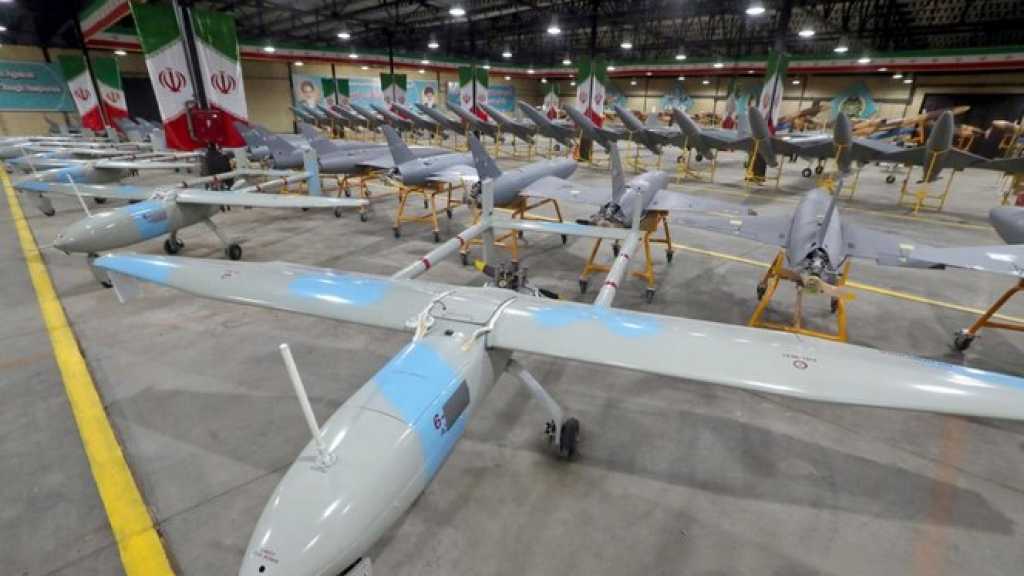
Zarif: We Won’t Blink to Defend Our Territory, An «All-Out War» Is Consequence of US-Saudi Military Strike on Iran
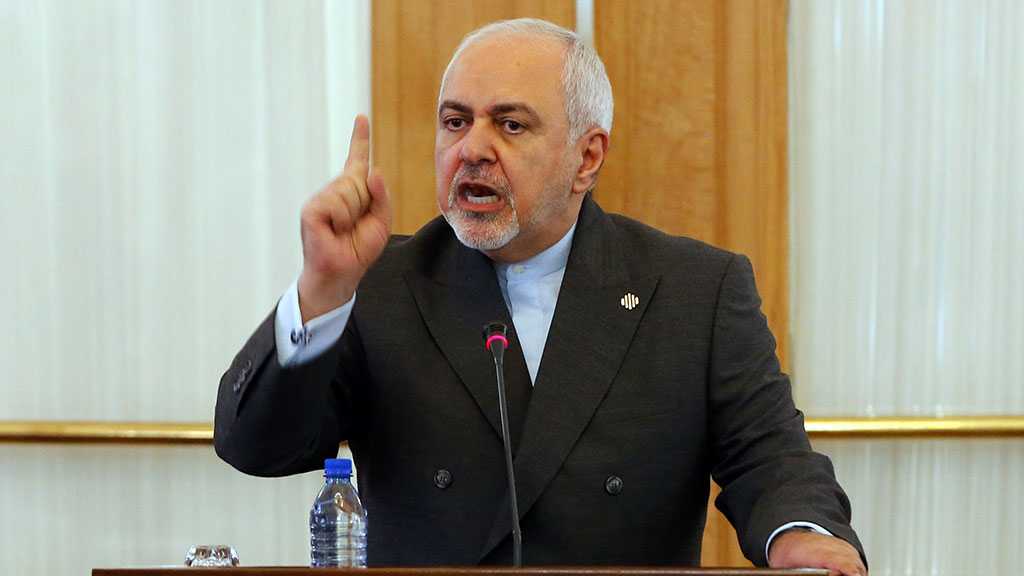
By Staff, Agencies
Iran's foreign minister has raised the specter of "all-out war" in the event of US or Saudi military strikes and that Saudi Arabia would have to fight "to the last American soldier."
Javad Zarif told CNN that Iran hoped to avoid conflict, adding that the country was willing to talk to its regional rivals Saudi Arabia and the United Arab Emirates. But the possibility of a return to negotiations with the US, however, would not happen unless Washington provided full sanctions relief as promised under the 2015 nuclear deal, Tehran's top diplomat said.
He again denied Tehran's involvement in weekend attacks on Saudi Arabia's oil facilities, which dramatically ratcheted up tensions in the region this week. Zarif said Yemen's Ansarullah revolutionaries, who claimed responsibility for the attack, have stepped up their military capabilities and are capable of conducting a sophisticated operation such as the one that knocked out half of the kingdom's energy production.
Meanwhile, Zarif assured that the Ansarullah were the ones who launched the drones and missiles.
"I cannot have any confidence that they did it because we just heard their statement," said Zarif. "I know that we didn't do it. I know that the Houthis made a statement that they did it."
Asked what the consequence of a US or Saudi military strike on Iran would be, Zarif said: "All-out war."
"I make a very serious statement about defending our country. I am making a very serious statement that we don't want to engage in a military confrontation," said Zarif. He added that a military response based on "deception" about the weekend attacks would cause "a lot of casualties."
"But we won't blink to defend our territory," he said.
In the interview with CNN, Zarif dismissed the possibility of negotiating with the Trump administration, unless the US were to give Iran the full sanctions relief promised under the nuclear deal.
Trump pulled out of the nuclear deal, formally known as the Joint Comprehensive Plan of Action [JCPOA], in May 2018. He has since imposed more than 1,000 individual sanctions on Tehran, which culminated with an oil embargo this May. Zarif himself is also sanctioned.
"[The JCPOA] is an agreement that we reached with the United States. Why should we renegotiate? Why should we start something else which may again be invalid in a year and a half," said Zarif.
Sanctions relief, however, could change Tehran's calculations, opening the possibility for talks.
"If they lift the sanctions that they re-imposed illegally then that's a different situation," said Zarif. "Then we would consider [talks]."
"They've done whatever they could and they haven't been able to bring us to our knees," said Zarif, stressing the perseverance of the Iranian nation.
Zarif is set to accompany Iranian President Hassan Rouhani on a visit to the United Nations General Assembly in New York later this month. Rouhani, however, has said that he may cancel his appearance if visas for his delegation are not issued imminently.
"[The US] haven't issued visas for the advanced team of our President. That makes it very difficult for him to go," said Zarif. Asked if time has already run out, he added: "Well I am not saying too late but it is very near too late."
